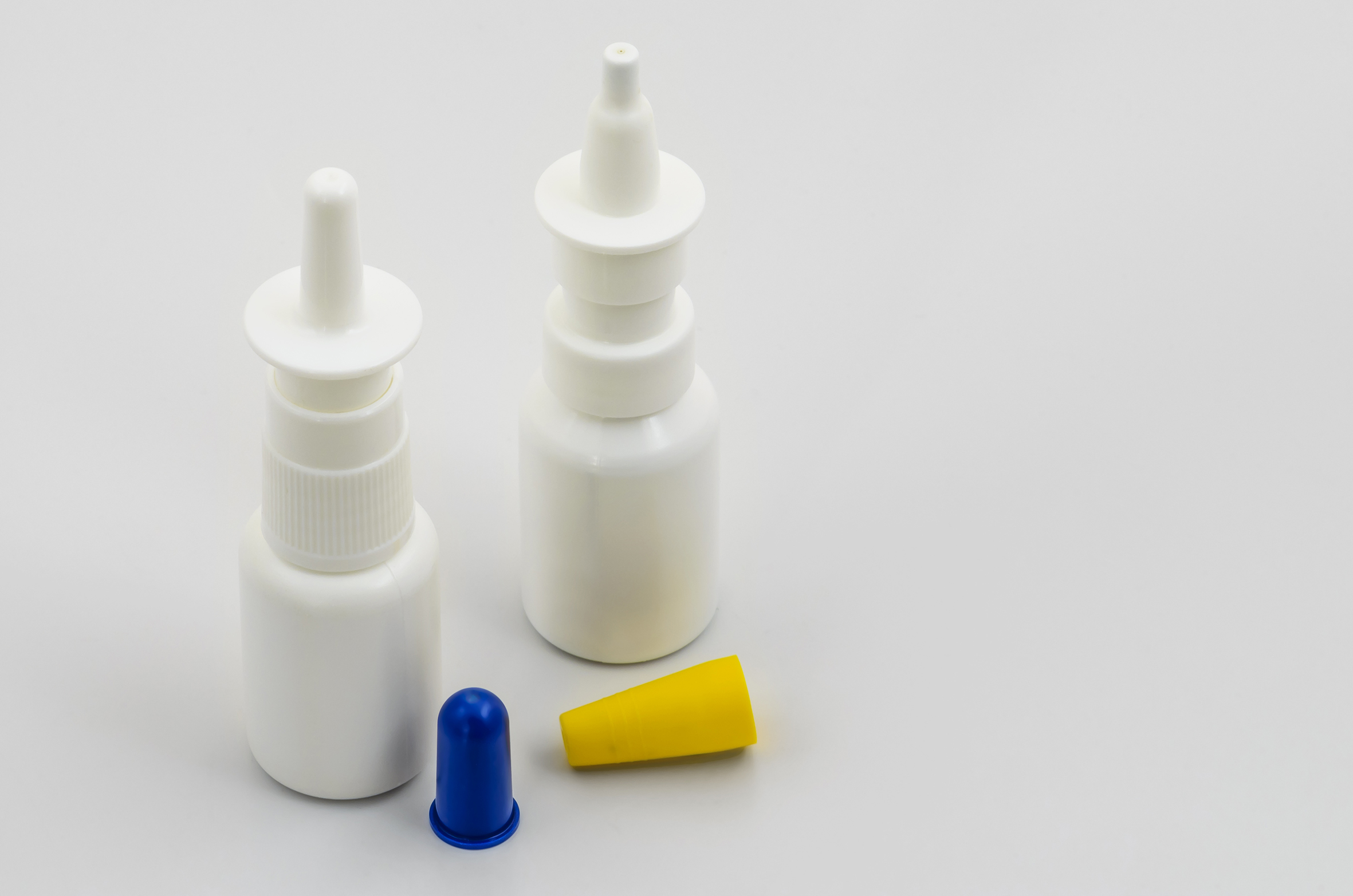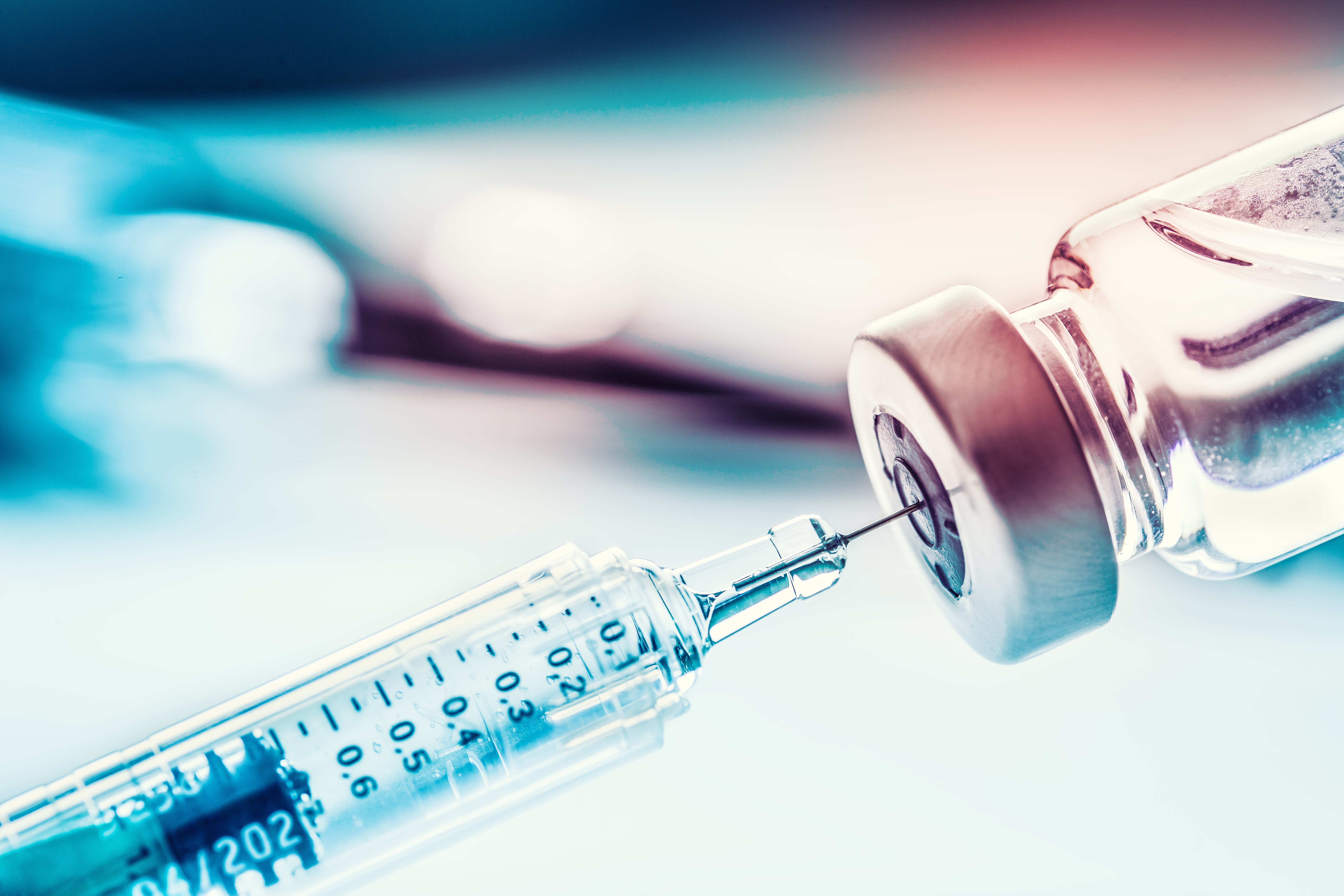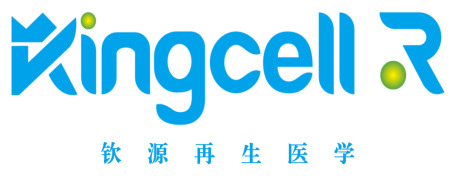Human Stem Cell-Derived Neural Progenitors and Neurons

AMSBIO has introduced a new range of neural progenitor cells, and cerebral cortical neurons, derived from human induced pluripotent stem (iPS) cells.
Despite the large investment and interest in neuroscience traditional methods of studying the human nervous system and disease pathogenesis and mechanisms required the generation of animal models. However, these methods are time consuming, costly and often fail to replicate the desired human pathologies and symptoms.
Using cutting-edge stem cell technologies to generate high purity human neural cells and neurons, AMSBIO is able to provide healthy and Alzheimer disease patient derived cerebral cortical neurons and neural progenitor cells. This accessible, in vitro human-based system offers a platform to build human cellular models to study conditions including Alzheimer’s, autism, epilepsy, traumatic brain injury and stroke. Derived using integration-free fully defined neural induction conditions, these cells are electrically active, form functional synapses in vitro and can be transplanted into animal models.
Available in industrial quantities, AMSBIO cerebral cortical neurons and neural progenitor cells are supplied with extensive functional and molecular characterization data. All products are supplied ready-made and remain viable in culture for months to facilitate reproducible and long-term studies. Cells from multiple donors are available for purchase allowing data comparison among biological replicates.
Alzheimer’s disease is the most common neurodegenerative disorder, now affecting more than 24 million people worldwide. Predicted to reach 100 million by 2050, this technology platform has been focused on providing both healthy and Alzheimer’s disease relevant human neurons derived from iPS cells to complement existing studies of this condition.
Related News
-
News WuXi to sell CGT manufacturing unit to US-based Altaris LLC
At the tail end of 2024, Chinese-based CDMO WuXi AppTec announced the signing of their deal with private equity firm Altaris LLC, confirming the sale of WuXi Advanced Therapies, the cell and gene therapy manufacturing arm of WuXi AppTec. -
News Women in Pharma: Our hopes for 2025 and beyond
Our last instalment for 2024 of the Women in Pharma series brings you messages direct from the Informa Markets CPHI team as they discuss the advice and insights they have carried throughout their roles working at CPHI, and what they hope to see for the... -
News CPHI Milan Wrap-Up Report: Conference Highlights
Discover the emerging and trending topics of the pharmaceutical industry with our CPHI Milan Conference Highlights, with exclusive insight from pharmaceutical leaders and experts! -
News BIOSECURE Act not included in key defense spending bill for 2025
On December 7, 2024, the Biden administration revealed the 2025 National Defense Authorization Act, an annual defense bill specifying the budget and expenditures of the US Department of Defense. The controversial BIOSECURE Act was notably missing from ... -
News Lessons from CPHI Milan 2024: Sunny Intervals for Pharma Manufacturing?
As the 2024 CPHI conference wrapped up in Milan, we caught up with L.E.K. Consulting – a global strategy consulting firm with deep expertise in pharma manufacturing – to discuss evolving market perspectives and business outlook. -
News Trump 2.0: What does the US election result mean for the healthcare industry?
After Trump won the Presidential election in the US in early November, we take a look at some of the implications a new Trump administration could have on the health and pharmaceutical industry, and on US patients. -
News Women in Pharma: Reflections from Behind the Scenes
In this instalment of our monthly series, the team that brings you the Women in Pharma series each month sits down for a heart-to-heart on what the series means to them, and how they hope to continue their work in the future. -
News Scaling the Industry: CPHI Scale-Up Market interview with YSK Laboratories
For the first time, CPHI Milan hosted the CPHI Start-Up Market, expanding support for emerging and small-sized enterprises in their transition to the next level of growth. In this interview, we spoke with Yuvansh Khokhani, Managing Director of YSK Labo...
Recently Visited
Position your company at the heart of the global Pharma industry with a CPHI Online membership
-
Your products and solutions visible to thousands of visitors within the largest Pharma marketplace
-
Generate high-quality, engaged leads for your business, all year round
-
Promote your business as the industry’s thought-leader by hosting your reports, brochures and videos within your profile
-
Your company’s profile boosted at all participating CPHI events
-
An easy-to-use platform with a detailed dashboard showing your leads and performance

.png)










